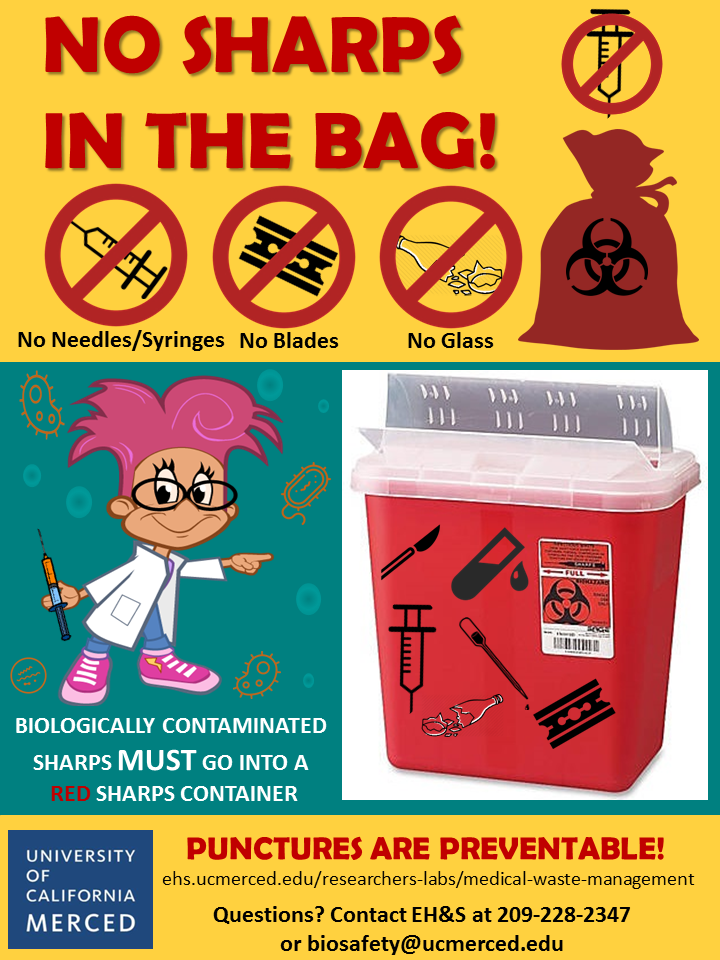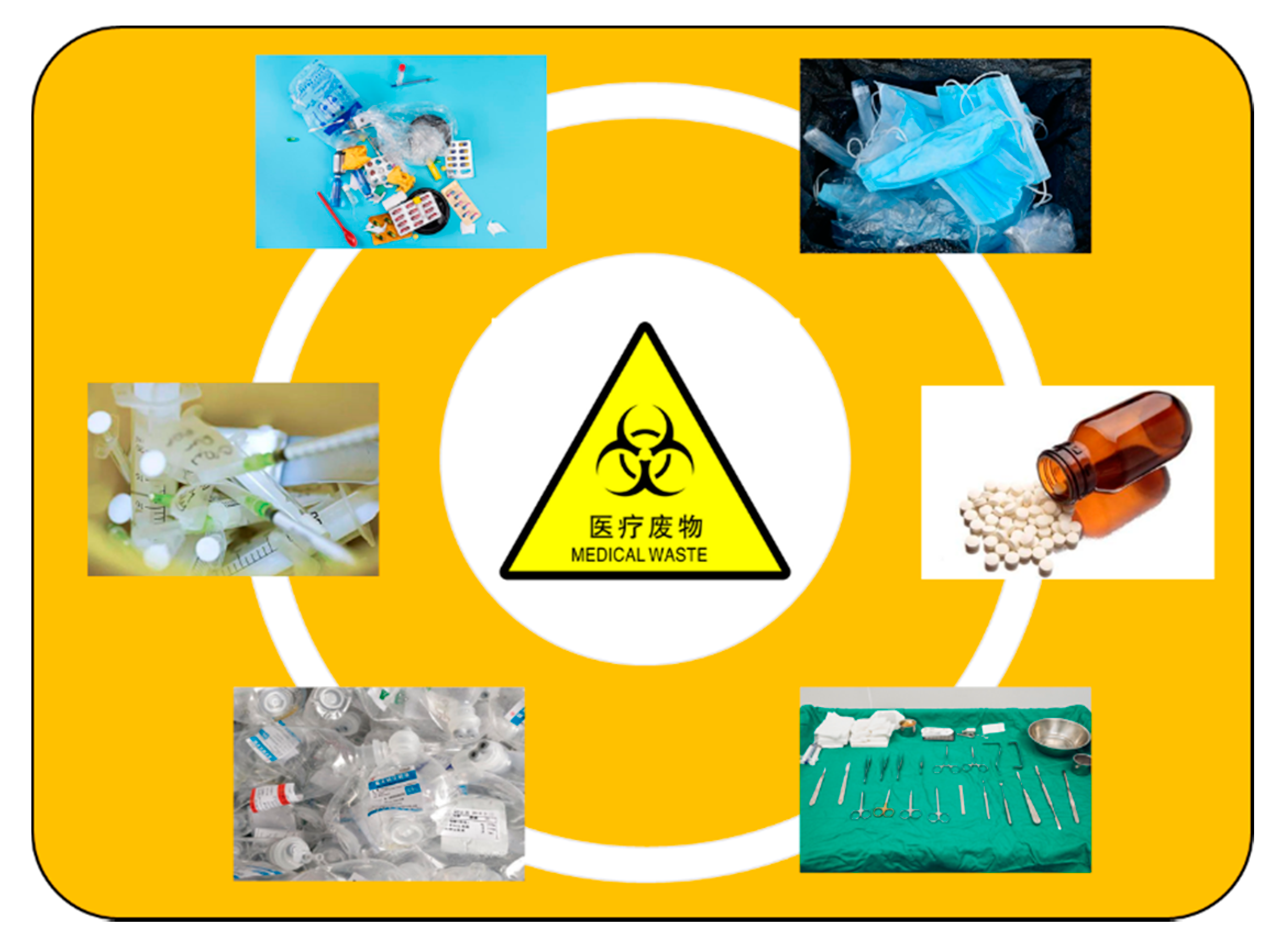Navigating Medical Waste Disposal: Necessary Solutions for Health Care Facilities
In the intricate landscape of medical care procedures, the management of medical waste is a critical element that demands thorough focus. Medical care facilities, whether big hospitals or small centers, are entrusted with the obligation of handling, dealing with, and taking care of a vast selection of clinical waste streams. The intricacies associated with navigating with the regulative needs, making sure correct waste partition, and implementing secure collection and transportation processes are critical. Recognizing the essential solutions that sustain medical waste disposal is not simply an issue of compliance however additionally a basic element in safeguarding public health and environmental well-being. The intricacies of this procedure are vital for medical care centers, and the expertise supplied in this realm plays a pivotal duty in keeping the integrity of healthcare systems.
Regulatory Compliance Assistance
For health care facilities, making sure regulative compliance support is important to maintain proper handling and disposal of medical waste. By partnering with regulatory conformity specialists, medical care facilities can stay updated on advancing regulations, minimize risks linked with incorrect waste disposal, and ultimately add to a much safer and much more lasting setting for all.
Waste Segregation Support

Health care facilities must offer clear standards and training to staff on how to set apart waste properly. This consists of separating general waste from dangerous materials such as sharps, transmittable waste, pharmaceuticals, and chemical waste.
Collection and Transport Solutions

Proper collection and transportation services are essential parts of the clinical garbage disposal procedure in medical care facilities. These services ensure that hazardous products are handled securely and in compliance with regulations to safeguard both the environment and public health. Health care facilities rely upon specialized waste management business to give reliable collection and transportation solutions customized to their requirements.
Clinical waste collection involves segregating different kinds of waste at the point of generation, utilizing color-coded bags or containers to compare general, harmful, pharmaceutical, and various other waste streams. Educated personnel need to execute this task to protect against contamination and make certain proper disposal. When accumulated, the waste is transported in specialized automobiles outfitted to manage unsafe materials securely. These automobiles abide by stringent safety criteria and comply with assigned courses to certified treatment centers for disposal with techniques such as incineration, sterilization, or landfilling.
Therapy and Disposal Solutions
In the world of medical waste disposal for health care facilities, after the crucial stage of collection and transportation solutions, the emphasis shifts visit our website towards executing reliable treatment and disposal remedies. Treatment options often involve processes such as autoclaving, which makes use of vapor under stress to disinfect the waste.
Disposal remedies include the last action in the clinical waste monitoring procedure. Facilities may select land fill disposal, where treated waste is meticulously transferred in marked locations. Medical Waste Disposal Services. Alternatively, healthcare facilities can choose to utilize waste-to-energy facilities, which incinerate waste to produce electrical power. Reusing and resource recuperation are likewise obtaining traction as sustainable disposal choices for specific types of clinical waste products.
Reliable therapy and disposal solutions are paramount in making sure compliance with guidelines and guarding public wellness and the setting. Medical care centers must very carefully evaluate and choose ideal approaches that align with their waste administration objectives and sustainability initiatives.
Personnel Training and Education

To successfully manage clinical waste disposal in medical care centers, thorough team training and education and learning play an important role in ensuring adherence to regulative demands and preserving a risk-free environment. Proper training equips personnel with the knowledge and abilities required to handle different kinds of medical waste, segregate them appropriately, and package them securely for disposal. By educating employees on the threats linked with inappropriate handling of clinical waste, facilities can minimize the possibility of mishaps, contamination, and regulative offenses.

Conclusion
To conclude, health care facilities depend on essential medical waste disposal services to ensure governing conformity, correct waste partition, risk-free collection and transportation, effective therapy and disposal, along with personnel training and education and learning. These services play a vital duty in maintaining the health and wellness and security of both health care employees and the public, highlighting the importance of correct management of clinical waste in healthcare settings.
For medical care centers, making certain regulatory compliance support is vital to preserve proper handling and disposal of clinical waste. Waste partition includes classifying look here different types of clinical waste to make certain proper handling, treatment, and disposal. This consists of dividing basic waste from unsafe products such as sharps, infectious waste, drugs, and chemical waste.Clinical waste collection includes segregating various kinds of waste at the factor of generation, utilizing color-coded bags or bins to differentiate between basic, harmful, pharmaceutical, and various other waste streams.In the world of medical waste disposal for health care centers, after the essential stage of collection and transport solutions, the focus shifts towards applying efficient treatment and disposal remedies.
Comments on “Tailored Medical Waste Disposal Services: Customized Solutions for Your Demands”